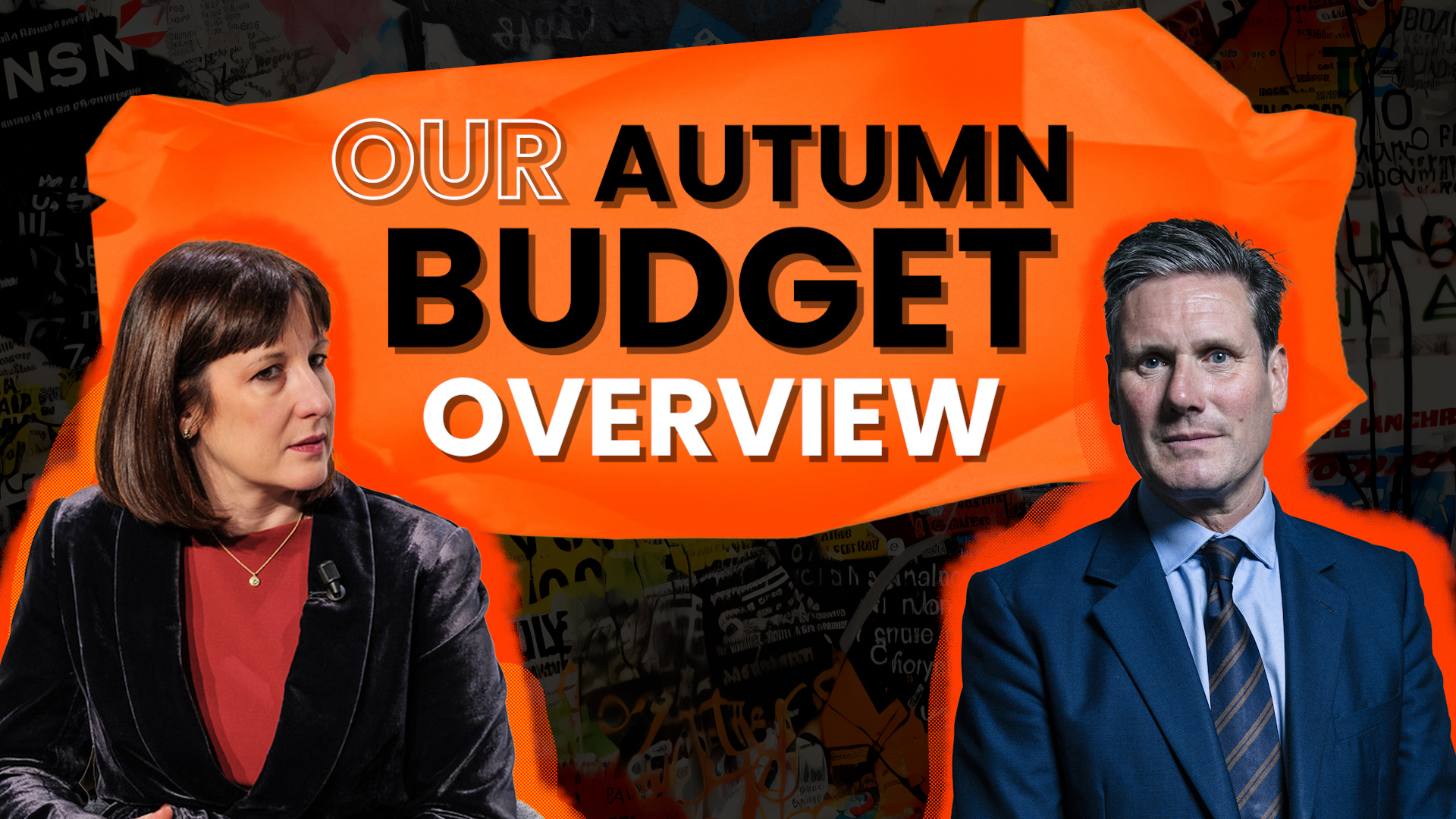The TC Group team have summarised these key headlines, focusing on the points to impact businesses and industries.
Spring Statement Headlines
On Wednesday 26 March, the Labour Government announced their 2025 Spring Statement.
Chancellor of the Exchequer, Rachel Reeves, had previously stated that the Spring Statement would not be a ‘formal budget’ but rather an update on the current state of the economy.
The Statement, aiming to “secure Britain’s future and deliver prosperity for working people” was brief, yet included a handful of key updates and budget allocations.
NEW MEASURES TO TACKLE TAX AVOIDANCE
New measures will be introduced to crack down on tax avoidance and evasion, with the aim to bring in an extra £1 billion by increasing fraud prosecutions by 20%.
This will be through an additional 500 compliance officers, AI tools and the rollout of Making Tax Digital (MTD) to increase compliance.
This will lead to more enquiries being opened, many often being random. Meaning businesses and individuals will face a higher risk of an HMRC enquiry, as the net will often catch the innocent.
The additional risk means that more care is required by tax payers to ensure that they meet their compliance responsibilities, and advice needs should be sought to ensure complex transitions are correctly reported.
An HMRC enquiry can be lengthy and costly, with fees reaching thousands, even when no additional tax is due. More worryingly than the costs, is the stress that faces a business owner.
We recommend Tax Enquiry Protection to ensure you’re covered for the accountancy costs incurred if an enquiry is opened. Speak to your local TC Group office, or your Relationship Manager, for more information.
contact your local TC Group team
TAX INCREASES FROM THE AUTUMN BUDGET REMAIN UNCHANGED
There were no further tax increases included in the Statement, but the Chancellor confirmed that the tax changes announced in the 2024 Autumn Budget would proceed – many due to come into effect next week (April 2025).
While the changes received mixed reactions, shaking business confidence due to increased employment costs, they also aimed to “put more money in the pockets of working people.” However, with a freeze on income tax thresholds remaining until 2028, the same changes have caused a fiscal drag, pushing more individuals into the higher tax rate band.
This perceived stability of no further changes announced in the Spring Statement will allow businesses to prepare and budget accordingly.
The Office for Budget Responsibility (OBR) revised down the UK’s growth forecast for 2025 from 2% in the autumn to 1% today, reflecting the impact to business confidence of the autumn budget changes.
It comes as the OBR warned the tax burden will hit a new record, from 35.3pc of gross domestic product (GDP) this year to an historic high of 37.7pc in 2027-28.
DEFENCE SPENDING
The Statement confirmed 2.5% of GDP will be spent on defence by 2027, whilst an additional investment of £2.2bn will be provided for the Ministry of Defence from next year.
Of that additional investment, a minimum of 10% of the equipment budget’s been committed for innovative technology, such as the development of Artificial Intelligence and drones. This provides new business opportunities to UK tech firms and start-up companies to gain Government contracts, which is being actively encouraged, as they are seen as being at the forefront of innovative products and services driving not only technology but also the economy. As a result, this will encourage further demand and opportunity for scientists and engineers within the sector too. This may lead to R&D opportunities.
However, one thing to note with the encouragement to win work is around how capital will be raised. Gaining support from UK banks for funding innovation can pose issues due to ethics around supplying equipment that will potentially be used in conflicts across the globe. This is something that will need to be addressed, if the aim is to encourage further innovation.
Areas such as Barrow-in-Furness, Derby, Teeside, and Portsmouth in particular will benefit from further funding regarding increased job opportunities within their local areas – especially for the nuclear and naval sectors.
HOUSING
“Get Britain Building” – the current housebuilding reforms in place are set to reach a forty-year high.
305,000 homes are targeted to be built every year until the end of the forecast period, and for 1.3 million homes to be built in total within the next 5 years. This is within touching distance of the government’s promise to build 1.5 million homes in England. Whether this happens depends upon a mixture of regulations that have slowed housebuilding and whether there’s enough skilled labour to enable these houses to be built.
The Chancellor also referred to the supply of housing for military families as part of the increased defence budget.
MORE CONSTRUCTION WORKERS
The Chancellor referred to the announcement by the education secretary of a £625 million package to boost skills in the construction sector, training 60,000 more skilled construction workers to support the Government’s plans to deliver 1.5 million homes in England.
As part of this, the Government is providing £100 million to ‘scale up’ existing construction skills, providing for 35,000 additional training places in construction-focused skills bootcamps to support trainees, ‘returners’, and existing employees to succeed in the sector. A major challenge is persuading young people to take up an apprenticeship rather than spend more years in higher education.
For specialist business advisory support for businesses in the Build Environment, speak to us today.
You might be interested in...
03 Nov 2025
Planning ahead of the 2025 Autumn Budget
Planning ahead of the 2025 Autumn Budget , where potential tax rises on inheritance, property, and income are widely anticipated.
Learn more
Planning ahead of the 2025 Autumn Budget31 Oct 2024
Autumn Budget 2024 | A detailed review
An in-depth look at the Autumn Budget 2024
Learn more
Autumn Budget 2024 | A detailed review30 Oct 2024
Autumn Budget Overview 2024
Following Labour’s first Autumn Budget under Keir Starmer, we've summarised the key points from the highly anticipated Budget of 2024.
Learn more
Autumn Budget Overview 202408 Oct 2024
Projected increase in CGT in anticipation of the upcoming October Budget
Investors brace for capital gains tax increase. This "frenzy" of activity comes as concerns mount that the Labour administration will increase taxes to address a £22 billion shortfall in public finances.
Learn more
Projected increase in CGT in anticipation of the upcoming October Budget09 Jul 2024
Labour’s Tax Pledges
Following Labour's victory in the General Election on Thursday 4 July 2024, the new Government is set to implement its manifesto pledges on the economy, tax, and spending.
Learn more
Labour’s Tax Pledges06 Mar 2024
Spring Budget 2024 Highlights
With tax cuts ahead of the General Election, we've summarised the headlines from the Spring Budget 2024.
Learn more
Spring Budget 2024 Highlights






